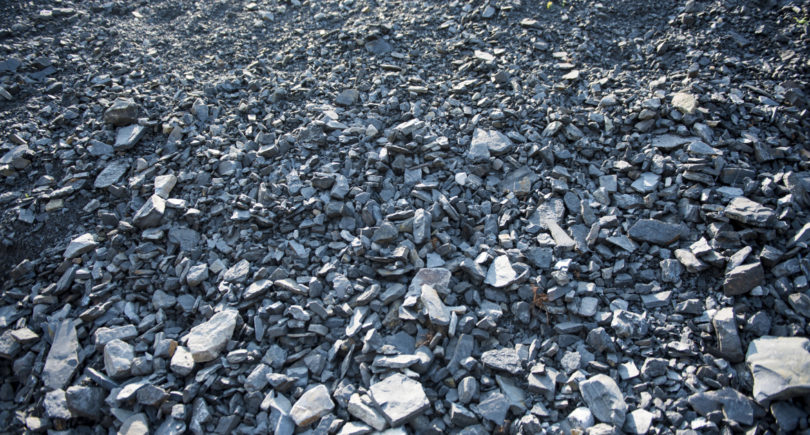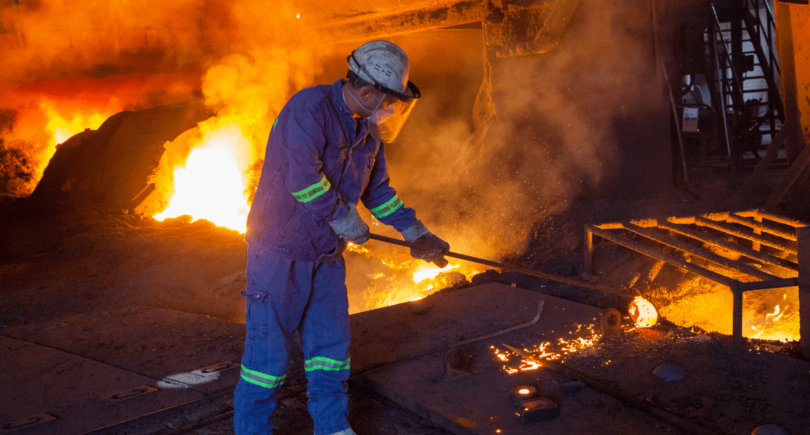
News Global Market Енергокриза в Європі 1076 14 August 2022
A lot of prep work needed to avoid power outages
European electricity prices rose to new records last week as a heatwave limits energy supplies and wildfires raged across France. Bloomberg writes about it.
Currently, the market for natural gas – used to fuel power plants – is tight as Russia cuts supplies just as Europe works to replenish stockpiles for winter. Falling nuclear reactor production, as well as low levels of wind and hydro generation, has exacerbated the squeeze, raising the specter of intervention to reduce demand.
“If Russia cuts off the gas and there might not be enough gas for the whole demand, then there would be rationing,” Annegret Groebel, president of the Council of European Energy Regulators, said. Blackouts “can be avoided, but of course it requires a lot of preparatory work that we are currently doing.”
The benchmark electricity price in Germany next year rose 6.6% to a record 455 euros a megawatt-hour on the European Energy Exchange AG. The French contract was up as much as 7.8%, rising to 622 euros a megawatt-hour. That’s about $1,100 for the equivalent energy of a barrel of oil.
Heat waves this summer have intensified demand while adding to supply disruptions with the key waterways used to generate hydropower, cool nuclear plants and ship energy commodities, that are drying.
France is in a particularly dire situation, as more than half of its nuclear fleet is offline for maintenance. Normally, the country would export electricity, but this year it has become a net importer, leading neighboring countries to burn more gas to keep the lights on. Wildfires have been raging in the country, leading President Emmanuel Macron to enlist help from across Europe to join 10,000 French firefighters to battle the blazes.
“Historically-low nuclear power output and low hydro reservoirs across Europe are leaving a shortfall in supply that can only be met with dispatchable sources like coal and gas,” said Patricio Alvarez, analyst at Bloomberg Intelligence.
As GMK Center reported earlier, in almost all major regional markets in the world, the decline of iron&steel production continues. Steelmakers around the world are shutting down capacity due to falling demand and rising energy prices.




